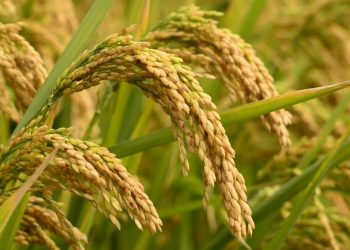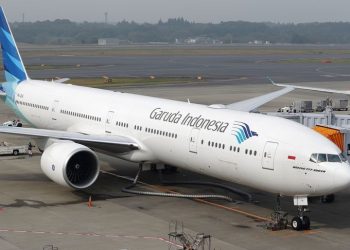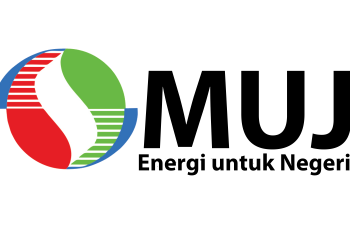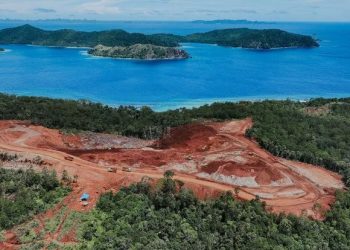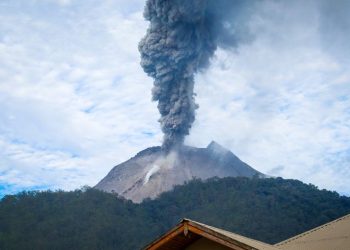Bandung, IndonesiaSentinel.com — Indonesia’s Coordinating Minister for Maritime Affairs and Investment (KemenkoMarves), Luhut Binsar Pandjaitan, announced that the government is preparing to roll out subsidized low sulfur fuel in the near future. The initiative aims to not only improve air quality but also reduce the country’s healthcare subsidies, particularly for BPJS, the national health insurance system.
Luhut noted that the current subsidy for BPJS stands at around Rp 20-30 trillion (approximately $1.3-$2 billion). By reducing pollution and improving public health, the government hopes to decrease this financial burden.
“This is expected to reduce BPJS subsidies, which currently amount to about Rp 20-30 trillion,” Luhut said during the “Building a Digital Economic Ecosystem for Local Products” event at ICE BSD, Friday, September 20, 2024.
Luhut highlighted that reducing sulfur content in fuel could lower pollution indices by 50 to 60 points, potentially bringing the current average pollution index of 160 down to below 100. “So, from the current average of 160, we may be able to reduce it to below 100,” he added.
Nike Leadership Shake-Up, John Donahoe Steps Down as CEO
Earlier, Deputy for Infrastructure and Transportation Coordination at the Coordinating Ministry for Maritime Affairs and Investment, Rachmat Kaimuddin, stated that although the production costs for low sulfur fuel would increase, the government plans to absorb these costs through the national budget (APBN).
However, there is growing recognition that current fuel subsidies and compensation are not well-targeted. To address this, the government will ensure that the distribution of subsidized low sulfur fuel is more accurately directed toward those who need it most.
“Subsidies and compensation are currently not well-targeted. Therefore, we are proposing to ensure that the distribution of subsidized fuel is more effective and precise,” Rachmat said at a press conference on September 12, 2024.
The rollout of the subsidized low-sulfur fuel will also be aligned with the readiness of Pertamina’s refineries, with implementation expected to be gradual.
“I want to emphasize that fuel prices will not increase. We are aiming for cleaner fuel quality. Pertamina will need support, so that both the state and the public are not burdened,” Rachmat concluded.
(Raidi/Agung)










